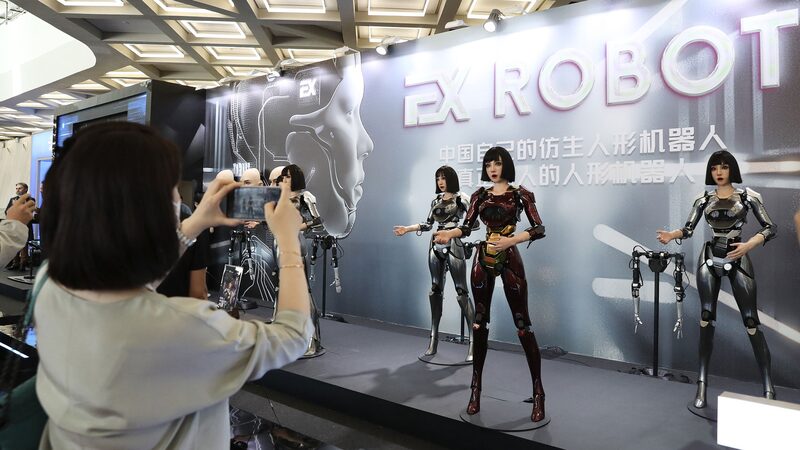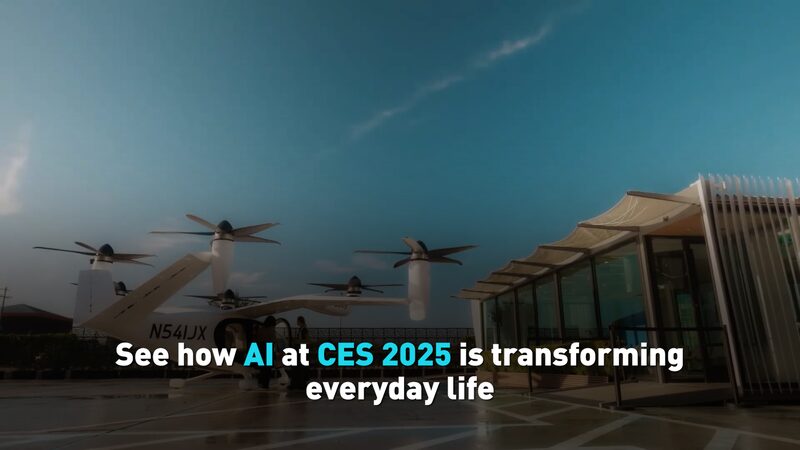Las Vegas is witnessing a caffeinated revolution this week as Xbot's autonomous baristas serve precision-crafted beverages at CES 2026. The Shanghai-based company demonstrates how artificial intelligence is reshaping service industries, with their robotic systems preparing 300+ customized drinks hourly while maintaining consistent temperature and presentation.
"This isn't about replacing human workers," explains Xbot CEO Xiaonan Yang. "We're enhancing service capabilities and creating new opportunities in smart hospitality. Our technology allows staff to focus on customer interaction while machines handle repetitive tasks."
The development comes as Asia's automation sector grows 18% year-over-year, with food service robotics projected to become a $3.7 billion market by 2028. Industry analysts note particular interest from airport operators and urban developers seeking to implement these systems in high-traffic environments.
While the technology raises questions about workforce evolution, Xbot representatives emphasize their systems' energy efficiency – using 40% less power than traditional coffee stations. The company plans pilot programs in Singapore and Dubai later this quarter, with a focus on integrating regional beverage preferences into their AI algorithms.
Reference(s):
CES 2026: Are robot baristas the future of customer service?
cgtn.com








